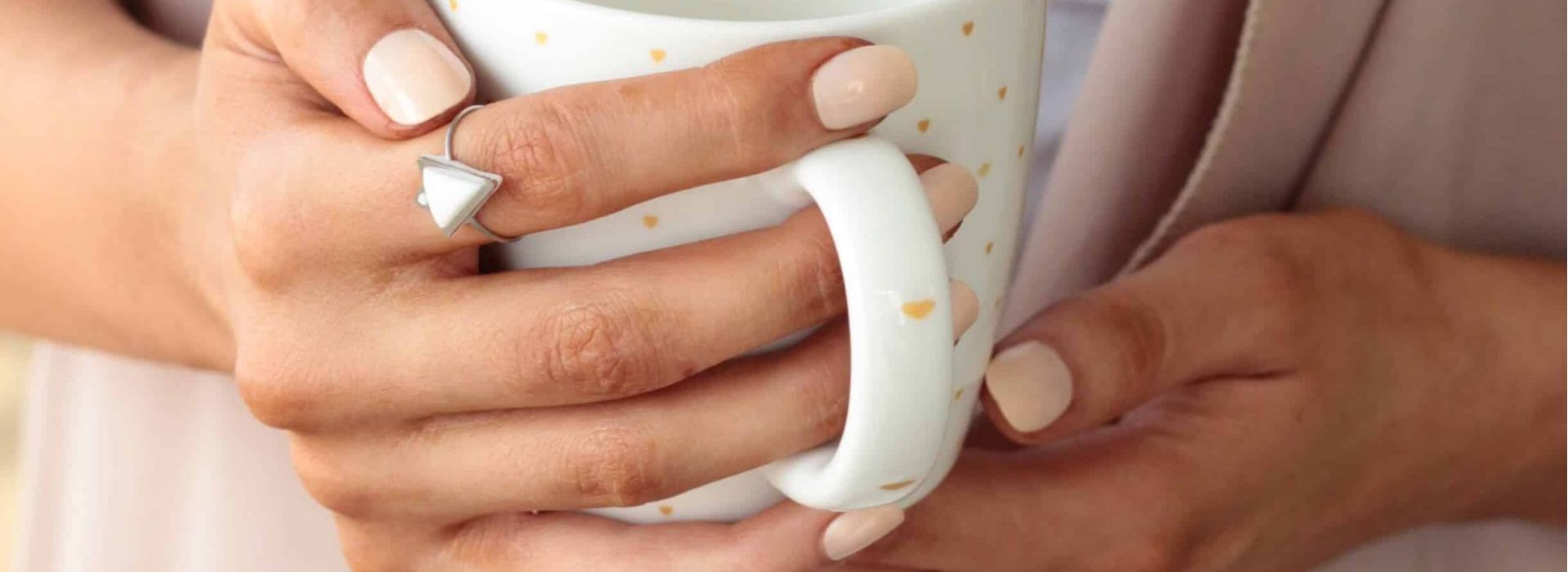Mindfulness and Addiction: 6 Exercises to Support Early Recovery

Mindfulness and Addiction Recovery
There is increasing evidence that mindfulness and addiction recovery go hand in hand. Mindfulness, or the practice of noticing one’s experience without judgement, has been shown to be highly effective with managing anxiety, panic, depression, anger, and drug/alcohol cravings in early recovery. Through engaging consistent mindfulness practices in early recovery, we begin to rewire the neural pathways in our brain, creating greater wellness, connection, and healing within ourselves.
Meditative practices such as mindfulness and addiction treatments that focus on holistic healing, such as nutrition, fitness, community, and spiritual growth, are all important in achieving long-lasting recovery.
Many mindfulness exercises help us to ground in our bodies though the five senses. For this reason, mindfulness and addiction treatment are intersecting more and more. Grounding with mindfulness can be helpful in many different instances, whether you are experiencing something as horrifying as a panic attack, simply feeling a little disconnected from the world around you, or experiencing cravings to use substances again.
Finding ways to ground in the senses helps to bring you back into the present moment, and can both calm the nervous system and help to settle spinning thoughts. This is especially important in early recovery from drug and alcohol addiction. In active addiction, drugs and alcohol become coping mechanisms for overwhelming feelings. Finding new, healthy and sustainable ways to manage these overwhelming emotions is an essential part of the healing process.
Mindfulness Exercises
Here are some really quick and easy ways to ground with mindfulness exercises when you are away from home and only have a couple of minutes, or even a couple of seconds, such as in the middle of the workday (or even in the middle of a meeting!).
- Step into a bathroom and let your hands run under warm water in the sink. Wash them slowly while bringing awareness to the process.
- Take three intentional deep breaths where your mind follows each phase of your breath completely. Feel your body expanding and contracting. Notice the temperature of the air passing through you.
- Alternating feet, tap your toes on the floor in a slow rhythm, back and forth. Let this balance your nervous system. Keep your mental focus on this rhythm.
- See if there is something around you that you can explore with your sense of smell. A piece of fruit, a pine cone, the lotion in your purse. If this proves helpful, you may want to consider carrying a small bottle of your favorite essential oil to smell when you feel ungrounded.
- Quickly scan your body to find a place that feels particularly tense. Place your hand on that part of you and feel the heat of your hand bringing warmth to that tension. Imagine your breath going to that place.
- Ask yourself if you feel particularly drawn to heat or cold. If heat sounds pleasant, make yourself a cup of tea or coffee and bring awareness to each sip and the warmth of the mug on your hands. If coolness sounds soothing, do the same with a cold glass of water or other beverage. Notice your drink as it passes down your throat and into your belly.

At Flatirons Recovery, we help our clients create self-care plans that work to support them as they navigate early recovery from addiction. Using mindfulness and addiction therapy that engage the five senses is one of the many ways we help our clients as we guide them through the difficult emotions and experiences that may have been suppressed under the influence of drugs or alcohol. Our goal is to help our clients safely approach their inner experience without becoming overwhelmed or consumed by it, which often leads to relapse.

